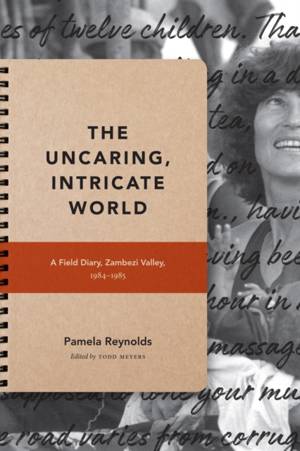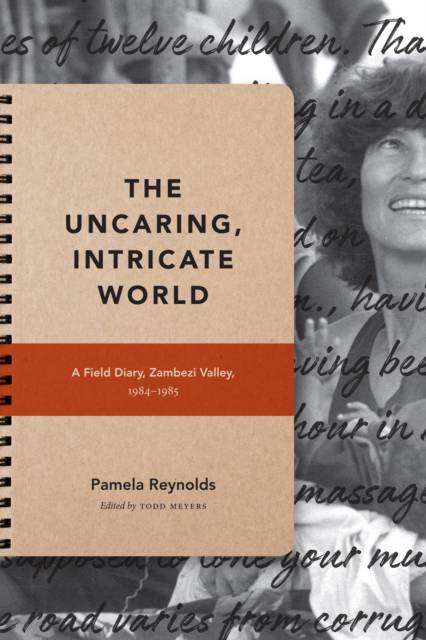
- Afhalen na 1 uur in een winkel met voorraad
- Gratis thuislevering in België vanaf € 30
- Ruim aanbod met 7 miljoen producten
- Afhalen na 1 uur in een winkel met voorraad
- Gratis thuislevering in België vanaf € 30
- Ruim aanbod met 7 miljoen producten
Zoeken
€ 49,95
+ 99 punten
Omschrijving
In the 1950s the colonial British government in Northern and Southern Rhodesia (present-day Zambia and Zimbabwe) began construction on a large hydroelectric dam that created Lake Kariba and dislocated nearly 60,000 indigenous residents. Three decades later, Pamela Reynolds began fieldwork with the Tonga people to study the lasting effects of the dispossession of their land on their lives. In The Uncaring, Intricate World Reynolds shares her field diary, in which she records her efforts to study children and their labor and, by doing so, exposes the character of everyday life. More than a memoir, her diary captures the range of pleasures, difficulties, frustrations, contradictions, and grappling with ethical questions that all anthropologists experience in the field. The Uncaring, Intricate World concludes with afterwords by Jane I. Guyer and Julie Livingston, who critically reflect on its context, its meaning for today, and relevance to conducting anthropological work.
Specificaties
Betrokkenen
- Auteur(s):
- Uitgeverij:
Inhoud
- Aantal bladzijden:
- 208
- Taal:
- Engels
- Reeks:
Eigenschappen
- Productcode (EAN):
- 9781478004677
- Verschijningsdatum:
- 16/08/2019
- Uitvoering:
- Paperback
- Formaat:
- Trade paperback (VS)
- Afmetingen:
- 152 mm x 226 mm
- Gewicht:
- 272 g

Alleen bij Standaard Boekhandel
+ 99 punten op je klantenkaart van Standaard Boekhandel
Beoordelingen
We publiceren alleen reviews die voldoen aan de voorwaarden voor reviews. Bekijk onze voorwaarden voor reviews.











